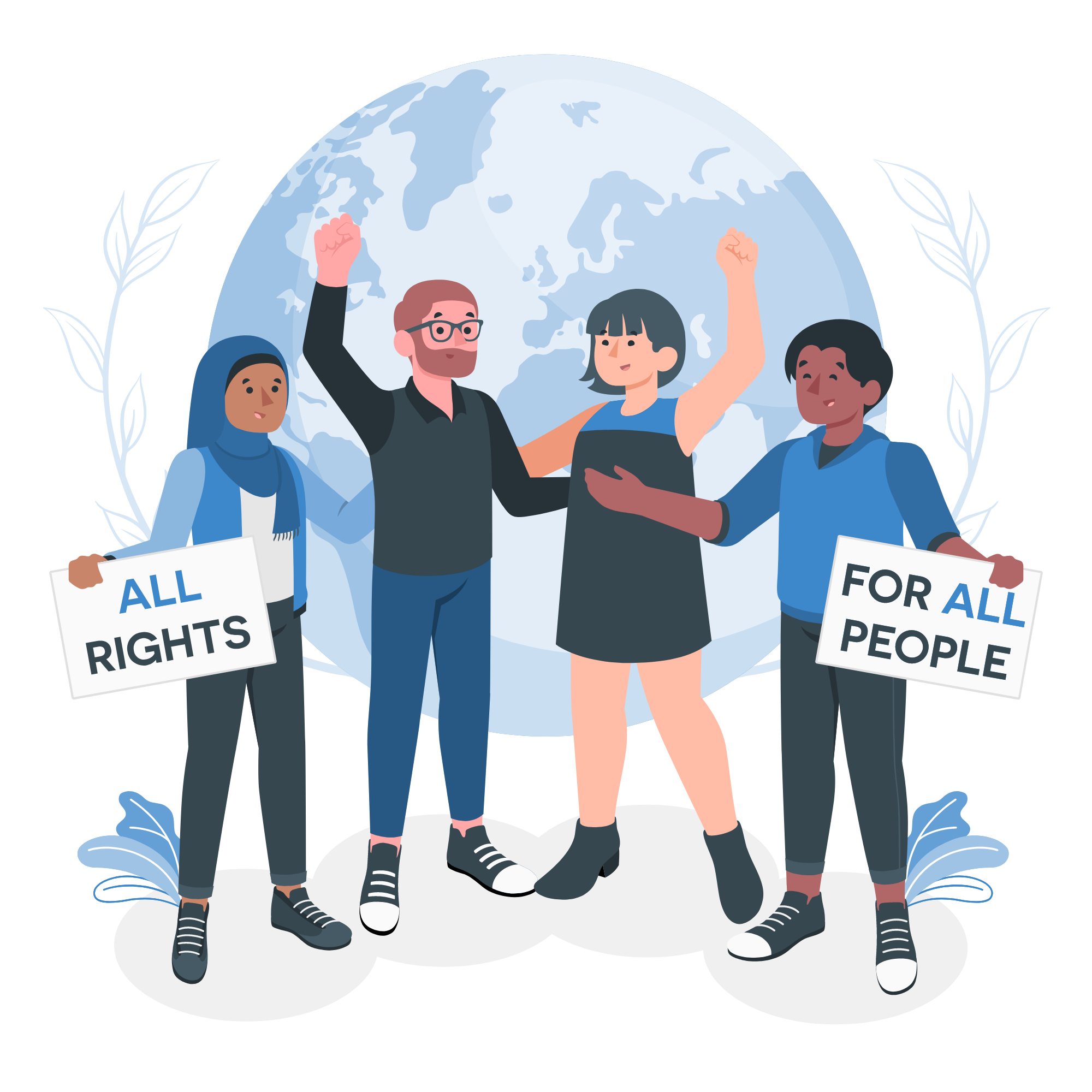The climate crisis has far-reaching socio-economic implications, both within Europe and on a global scale. Climate justice and the acknowledgement of unequal and already tangible impact on the livelihoods of new generations and the countries in the Global South is crucial to achieve a transition to a just, inclusive, and sustainable society. The voices of young people need to be actively brought into conversations on concrete measures to mitigate and adapt to the changing circumstances.
Climate change is an intergenerational justice issue. It is vital to equip the European youth with the skills and knowledge to actively contribute and shape our changing socio-economic system, formal and informal sustainability, and climate education. Furthermore, regions that are facing economic restructuring need to be empowered and supported in a just transition where young people especially can contribute to a vision of their place in a green economy. All the local struggles in the green transition, as well as all the ideas on solutions to tackle the climate crisis need to be brought to the upcoming COP27, which offers an intervention forum for young people to make their voices and visions heard.
2022, the Year of the Youth, is a key year to ensure the call of European young people for climate justice will be strong, both in the global and European context.

